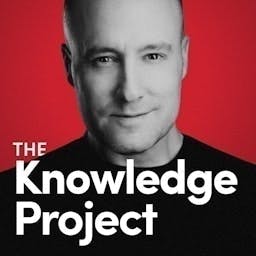PortalsOS
Related Posts
Vote to see vote counts

Founders who persist and learn from failures are more likely to succeed in business.
Successful startups often stem from founders who are deeply passionate about the problems they are solving, rather than just trying to capitalize on trends.

Hiring accomplished CEOs who have had linear career paths can be challenging in startups, as they may struggle with the unpredictability and mental challenges of early-stage ventures.

Culture that tells us right now that you have to grind and not sleep is a lie. It's a bad deal for you. You can be ambitious. You can have unhinged ideas about the world and still sleep.

The line between visionary storytelling and fraud is often blurred in the startup world, with founders sometimes crossing into fraudulent territory.

Many startups are created to chase trends rather than solve problems that the founders are passionate about, leading to a lack of long-term commitment and success.

Successful startups often operate like cults, with leaders speaking directly about their vision to build trust and conviction.

The success of a startup often depends on its ability to accrue resources like executives, financing, and brand momentum, creating a snowball effect that leads to growth.
Entrepreneurs often find that doing something they love makes work feel less like a struggle, and they are more likely to wake up early and feel great about their work.

Mark Andreessen reflects on the importance of founders having overcome significant challenges in their past as a predictor of future success. He cites historical examples like Henry Ford and Thomas Watson Sr.